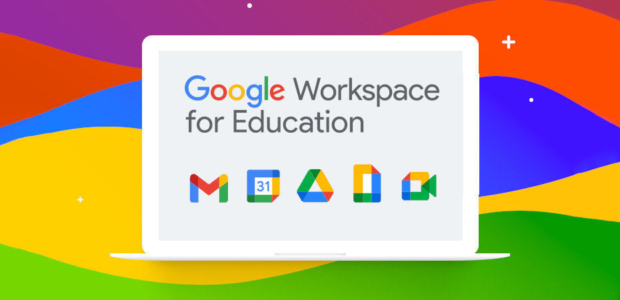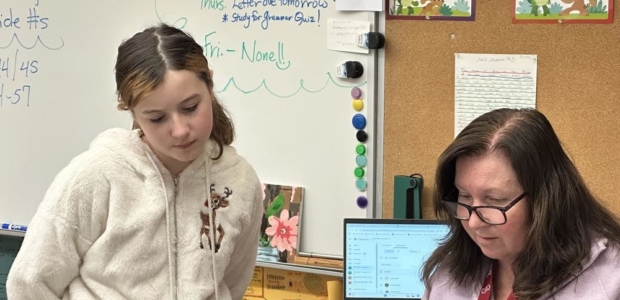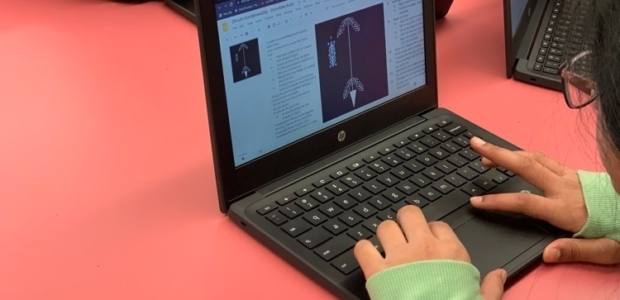As school districts adjust to Google’s updated terms for Additional Services, which significantly impact YouTube, Maps, Translate, and Earth, some educators may wonder aloud, ‘Why not just obtain parental permission and continue using it?’ I could curse Google, but I see an opportunity in what they have presented to school districts nationwide. On the surface, gathering consent for Google’s Addtional Services (i.e., YouTube) to market and collect data on students under 18 can be considered a reasonable workaround. Still, in practice, it is anything but ethical or straightforward. School leaders should focus on meeting strict privacy standards instead of requiring parents to forgo safeguards via a parental consent form. Read more…
Beyond the Device: Overlooked Pitfalls of 1:1 Programs…and What Schools Must Do First
As schools across the country race to equip students with Chromebooks, iPads, and laptops, a critical question often gets overlooked: Are we truly ready?
More importantly, do we have the vision, support, and systems to ensure these devices foster deeper learning and not just become another screen in an already (deeply) saturated digital world?
Like many educators, I’ve seen firsthand how introducing more screens into students’ lives, particularly without the proper guardrails, has unintended consequences. The research is catching up with what teachers have been feeling for years. Read more…
Sample Post: A Smooth Transition: Helping Your Child Adjust to Middle School Life
Transitions to new offices, positions, and working with new colleagues (and much more!) are complex for everyone. Transitions can also be difficult for students moving from one of our two elementary schools to our regional middle school. With this in mind, I wanted to highlight our fifth-grade teacher team, a dynamic group of teachers who work tirelessly to support our students. I asked some of our teachers to share essential tips for parents as they help their children transition to middle school. Read more…
Protecting Student Data in the Age of EdTech: Best Practices for School Districts
Ensuring the privacy and security of student data in our schools is paramount. While public school districts can sometimes appear as slow-moving entities, the pace often accelerates regarding educational technology. There is a temptation to move fast—purchasing software and diving into professional development—without fully addressing strict data privacy measures. However, rushing deployment without proper privacy considerations can lead to significant agita for everyone involved.
Phase II (and III) ECF Grant Supports New Chromebooks
Included in the American Rescue Plan funding through the Federal Communications Commission’s (FCC) Emergency Connectivity Fund Program (ECF), we submitted a grant to close the homework gap. We received $106,000 to purchase new HP Chromebooks for students! FCC’s Emergency Connectivity Fund Program is a new program that funds schools to help cover the costs of laptop and tablet computers and Wi-Fi hotspots for off-campus use by students, school staff, and library patrons. Read more…




